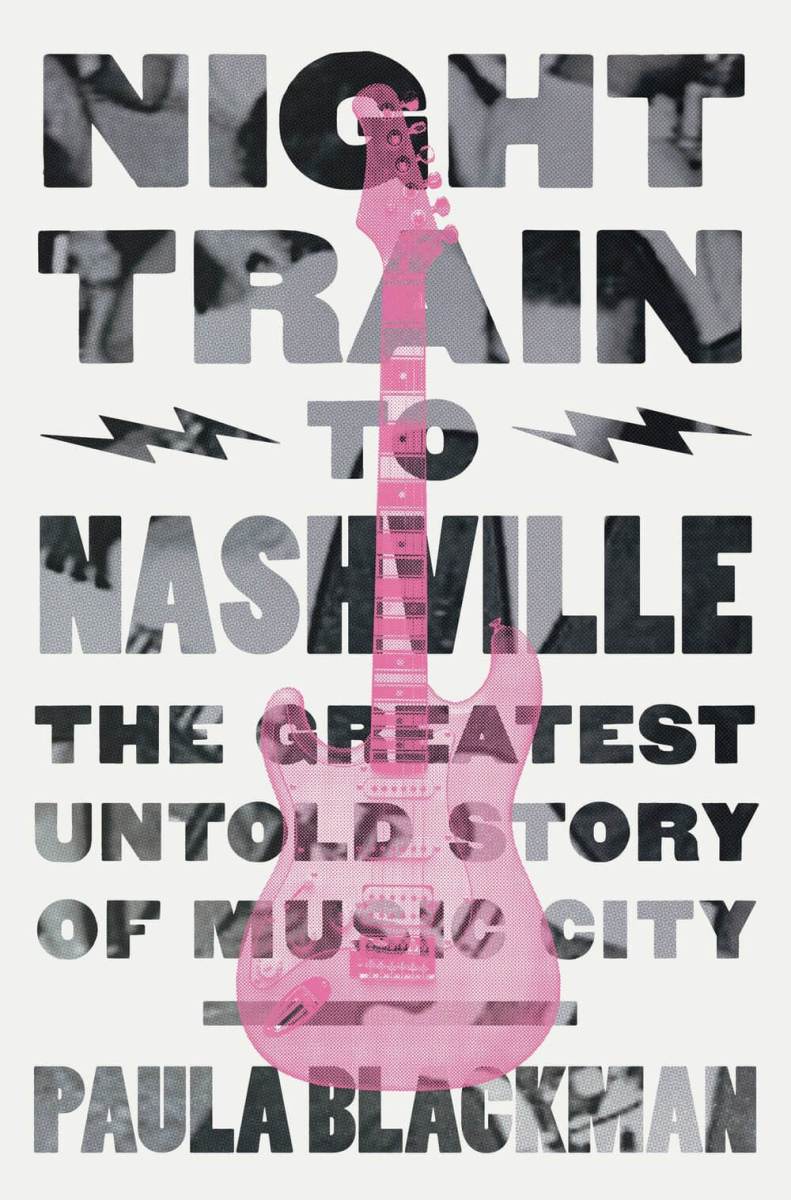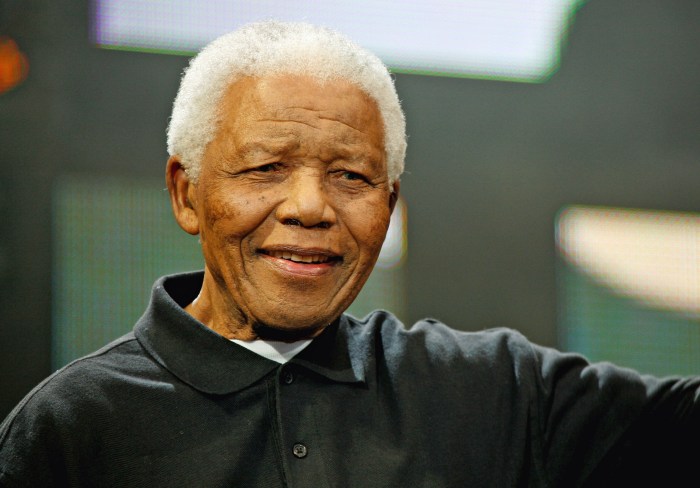“Night Train to Nashville: The Greatest Untold Story of Music City” by Paula Blackman
c.2023,
Harper Horizon
$29.99
303 pages
Deejay, spin those tunes!
A few decades ago, that’s exactly what you wanted: for a “disc jockey” to play your favorite songs on the radio. You’d call the DJ up on the phone to request a song and he might even make a dedication. It was a time when, as in the new book “Night Train to Nashville” by Paula Blackman, radio was a revolution.
As a young man in the early post-World War II years, E. Gab “Blackie” Blackman’s name surely fit him. Relying on his skills of persuasion, Gab worked as an ad man at a Nashville newspaper and, like every good salesman, he always looked for the next best thing.
Back then, Nashville was as segregated as it got.
Case in point: Gab’s boss.
Every day, “Mister Jimmy” pontificated on race and how he thought segregation wasn’t enough, and Gab could clearly see that Mister Jimmy wasn’t looking very far into the future. He wasn’t paying attention to what was going on in the radio industry or in the new media of TV. Surely, Gab’s boss was missing something.
William Sousa “Sou” Bridgeforth knew that his community was about to change in a big way. He was owned a nightclub that catered to Nashville’s Black citizens, and for that, he watched what was happening around him. There’d been a riot over a radio in nearby Columbia, and it was a big deal. That radio, Sou knew, wasn’t just a radio.
Just as he’d figured out how to get a new car at a time when automobiles were scarce, Gab Blackman figured out how to make his future better. It was a fact that Black families were consumers, too. If a radio station played nothing but “race music,” advertisers could tailor their ads to a specific audience. If he ordered nothing but “race music” for the genre’s fans, Gab Blackman could create “a money-making bonanza…”
How much you like “Night Train to Nashville” will depend very much on the kind of book you like to read.
If you’re a fan of novels or historical fiction, you’ll relish this important story. It’s based on real events and tales told decades ago to author Paula Blackman and her “story telling partners,” which gives this story a viewpoint from both races. There’s a whole range of big names involved in this tale, plenty of nostalgia, and eager dialogue that will take you back decades before it ends on a rather somber note.
If you’re a reader who prefers nonfiction, history, or total authenticism, though, it’s that dialogue that’ll give you pause. Recreated and wholly-invented conversations may ruin the story for you here; what’s attributed feels hokey and stiff, and though this book is based in fact, some of it clearly is not. That might make a nonfiction reader wince.
Know what you want from this book, then, before you look for it. Are you a novel lover who will enjoy “Night Train to Nashville”? Or are you a nonfiction fan who’ll want to spin it away?



























